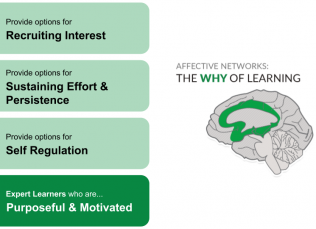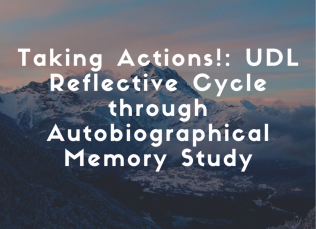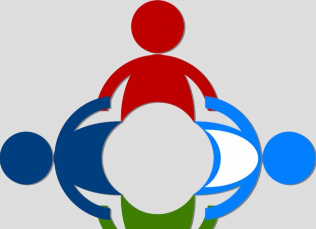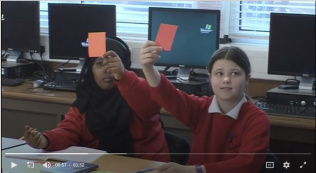
UDL Checkpoint 9.3
Develop self-assessment and reflection
Within the UDL Principle of Engagement, educators should provide options for Self-regulation to motivate learners. One option to do this is to develop self-assessment and reflection activities. In order to develop better capacity for self-regulation, learners should learn to monitor their emotions and reactivity carefully and accurately. This tool identifies different self-assessment techniques and scaffold for educators to present to learners.
Share this resource:
Posted date:
May 24, 2022







